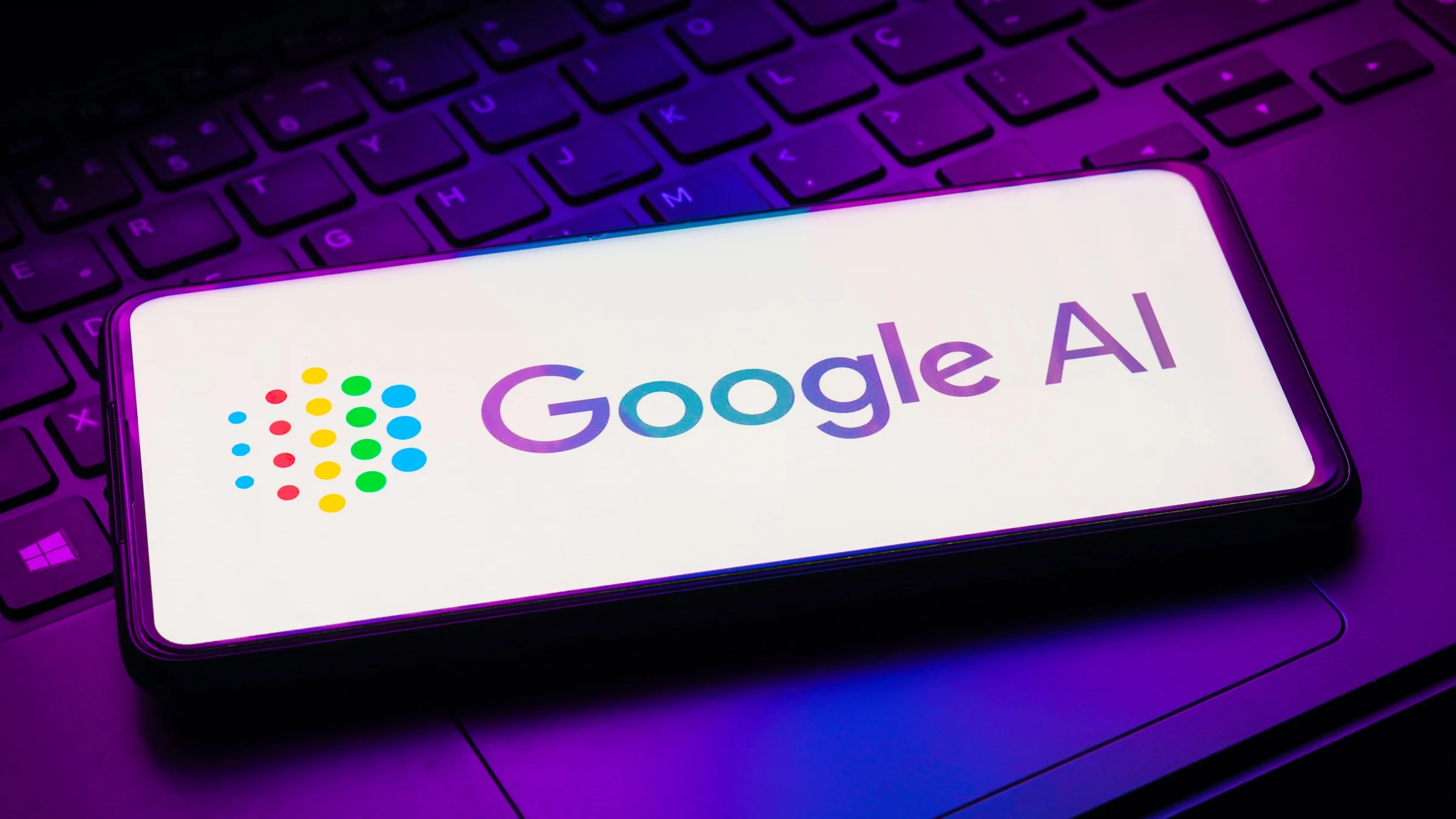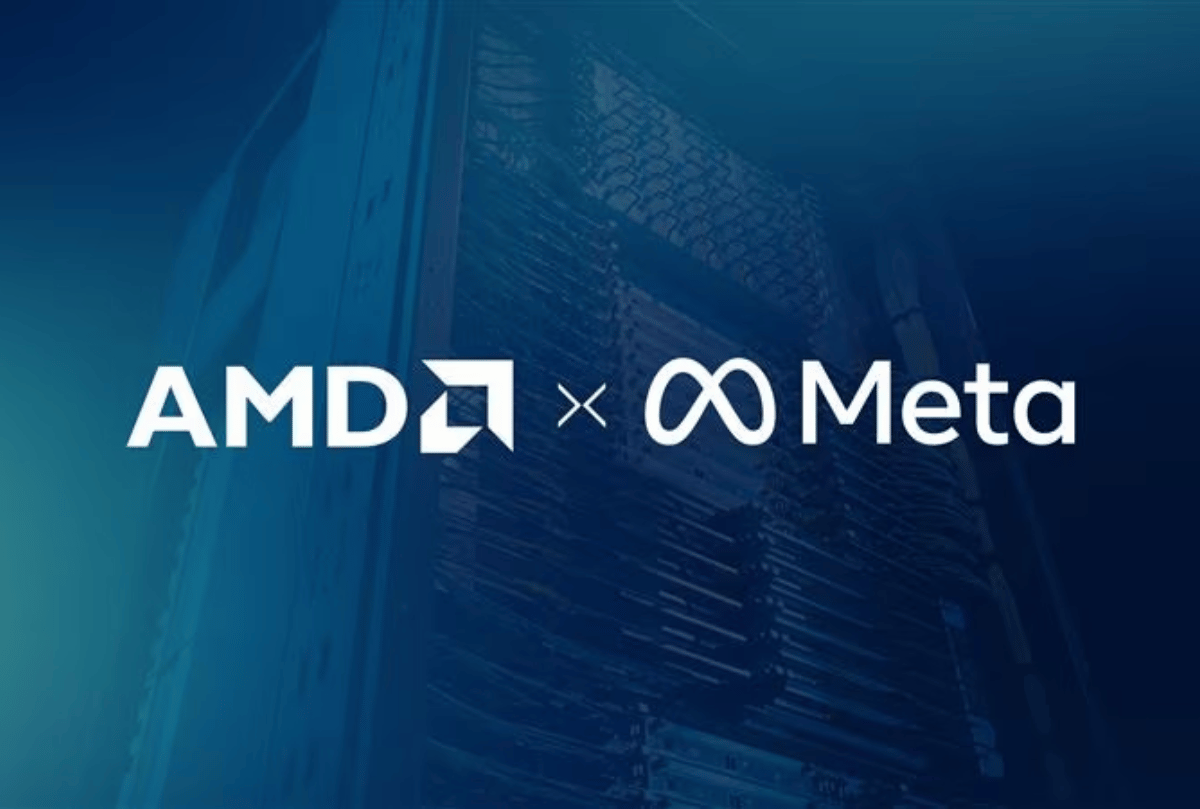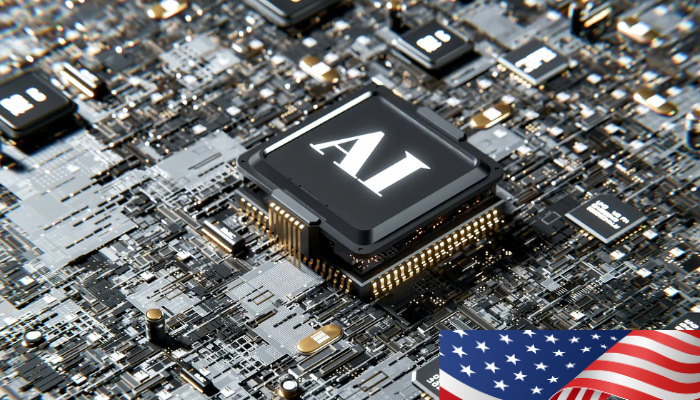In a sweeping move that has sent ripples through the tech industry, more than 200 contract workers tasked with refining Google’s artificial intelligence systems were abruptly terminated in August 2025, according to multiple sources familiar with the matter. These workers, employed through outsourcing firm GlobalLogic, were integral to projects like Google’s Gemini AI and AI Overviews, performing critical tasks such as rating and evaluating AI-generated responses. The layoffs, executed in at least two rounds without prior notice, have sparked allegations of retaliation, automation-driven job cuts, and a broader reckoning over the precarious nature of contract work in the AI sector.
A Sudden Cut to a Specialized Workforce
The terminated workers, many holding advanced degrees such as master’s or PhDs, were responsible for ensuring the accuracy and quality of Google’s AI outputs. Paid as little as $14 per hour—far below industry standards for their expertise—they faced intense workloads and tight deadlines. Sources close to the situation, speaking anonymously due to fear of reprisal, described a grueling environment marked by job insecurity and pressure to comply with new policies, including a rushed return-to-office mandate in some locations.
The firings come on the heels of reported labor disputes. Several contractors had been vocal about their working conditions, advocating for higher wages, better job security, and transparency. Some were involved in efforts to unionize or raise concerns about colleagues’ treatment, actions that led to complaints filed with the National Labor Relations Board (NLRB). These complaints allege that the terminations were retaliatory, targeting workers who challenged GlobalLogic or Google’s practices.
Google’s Response and the Role of Automation
Google has sought to distance itself from the controversy, emphasizing that the affected workers were not direct employees but contractors employed by GlobalLogic or its subcontractors. In a statement, a Google spokesperson described the layoffs as a “ramp-down” on specific projects, part of a broader shift in the company’s AI development strategy. The spokesperson declined to comment on the NLRB complaints or allegations of retaliation.
Internal documents obtained by media outlets suggest a deeper motive: automation. Google and GlobalLogic have reportedly been developing systems to automate parts of the AI rating process, potentially using AI to replace the very human raters who helped train it. This move aligns with industry trends, as companies like xAI and others have similarly reduced human workforces in favor of automated solutions, raising ethical questions about the sustainability of such roles.
A Broader Industry Trend
The layoffs highlight a growing tension in the AI industry, where human labor remains essential for training and refining models but is often undervalued and precarious. Contractors like those at GlobalLogic typically lack the benefits and protections afforded to full-time employees, despite performing highly specialized work. “We were told our expertise was critical, but we were treated as disposable,” said one former contractor, who requested anonymity to protect future job prospects. “The push for automation feels like a betrayal after years of building their systems.”
The incident also underscores the challenges of unionizing in the tech sector, particularly among contractors. Efforts to organize were met with resistance, and some workers believe the firings were a direct response to their advocacy. The NLRB complaints, still under investigation, could set a precedent for how contract workers are treated in the AI boom.
What’s Next for AI Workers?
As Google continues to invest heavily in AI to compete with rivals like OpenAI and Anthropic, the role of human workers remains a flashpoint. Industry experts warn that the race to automate could erode the quality of AI systems, which rely on nuanced human judgment to address biases and inaccuracies. Meanwhile, displaced workers face an uncertain future in a field where their skills are both highly specialized and increasingly at risk of obsolescence.
For now, the laid-off contractors are left grappling with the fallout. Some are exploring legal recourse, while others are seeking new roles in an industry that is rapidly evolving. “We built the foundation for their AI, and now we’re out,” said another former worker. “It’s a wake-up call for anyone thinking this work is stable.”
As the tech giant navigates this controversy, the broader question looms: Can the AI industry balance innovation with fair treatment of the workers who make it possible? For the 200-plus contractors let go, the answer may already be clear.
Sources: Internal documents, anonymous worker interviews, Google statements, and NLRB filings. The author reached out to GlobalLogic for comment but did not receive a response by press time.




